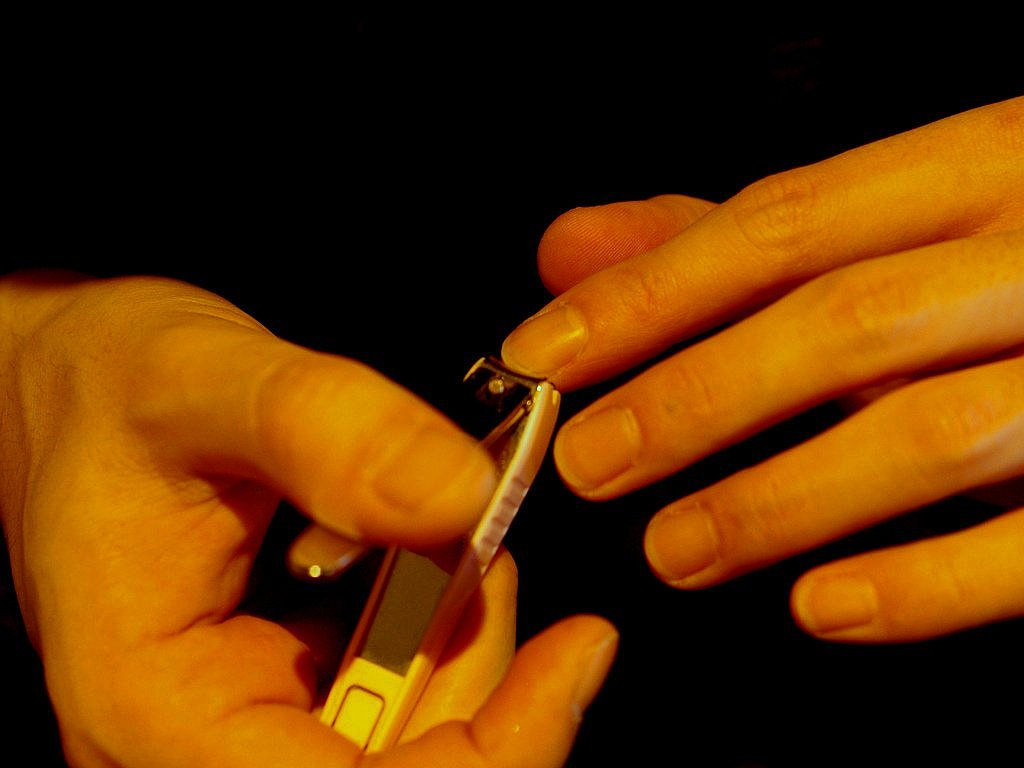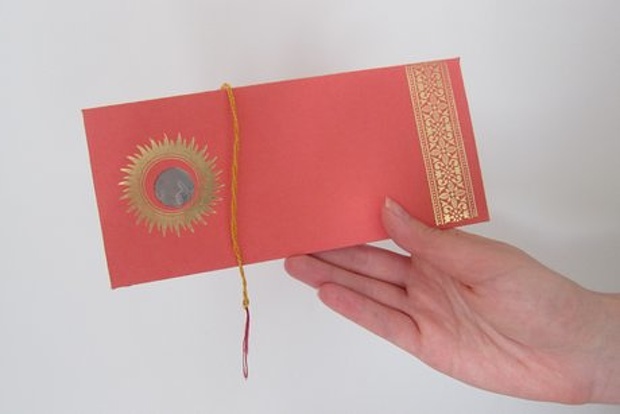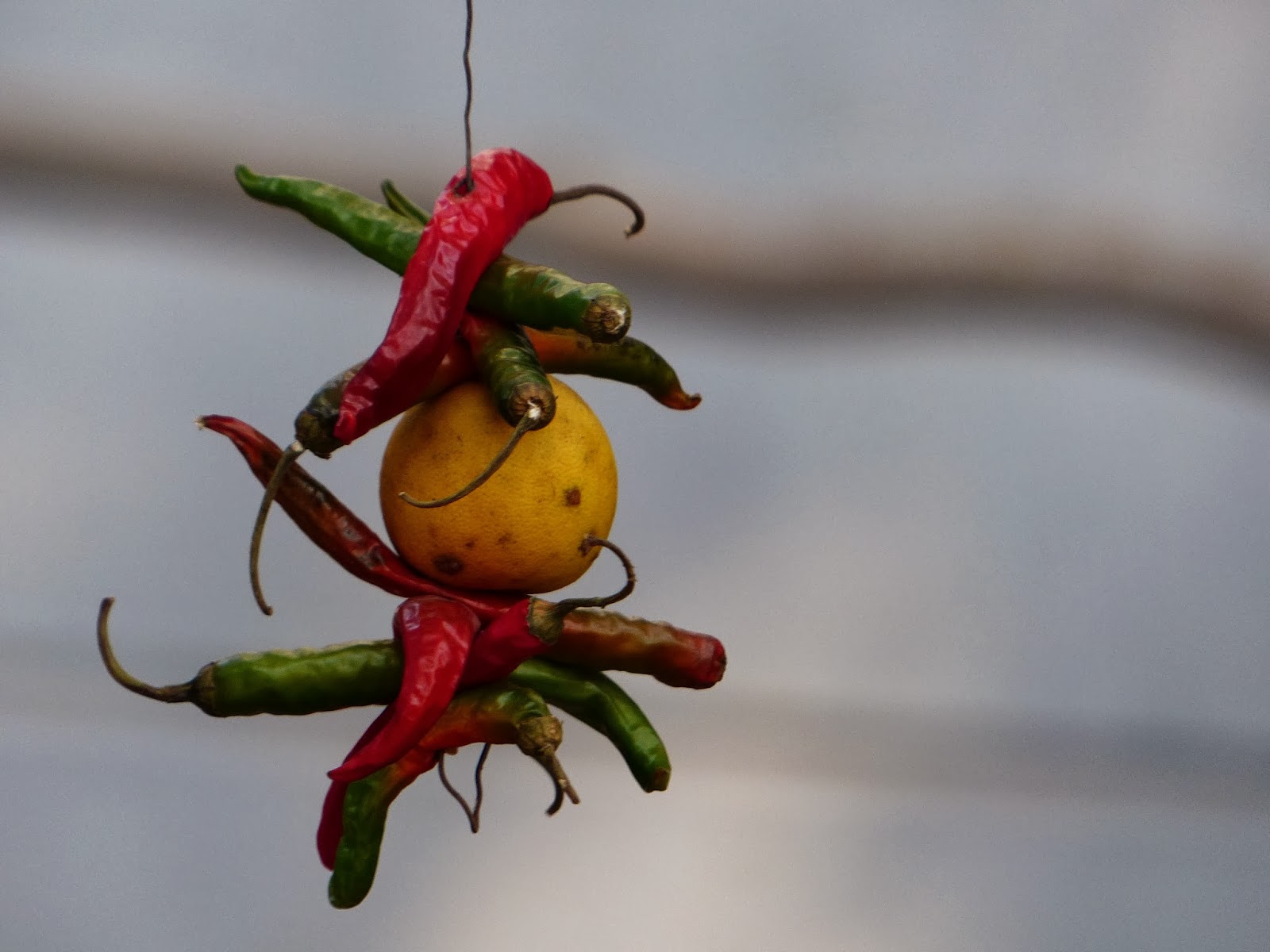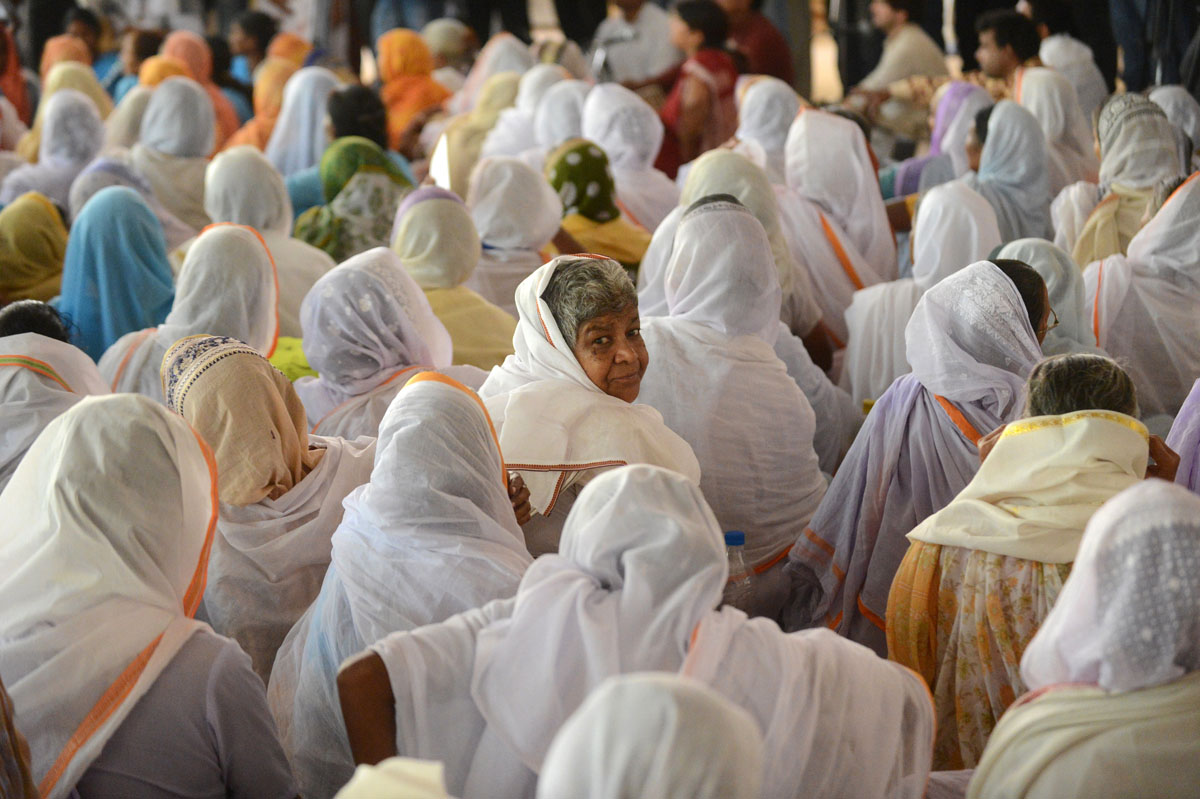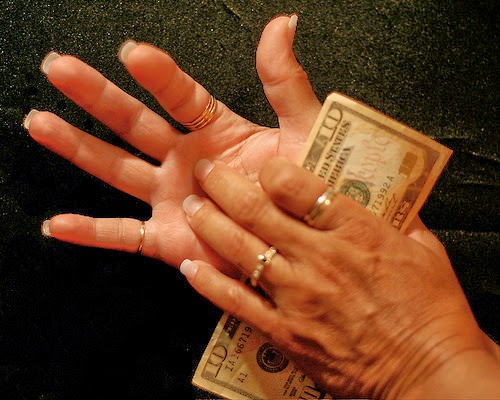India is a land of diverse traditions, customs, and, of course, superstitions. Passed down through generations, these beliefs have woven themselves into the very fabric of our daily lives. Whether you believe in them or not, you’ve likely heard of or even followed some of these superstitions, either out of habit or just to be on the safe side. But have you ever wondered where these beliefs come from? Let’s explore 15 of the most well-known superstitious beliefs in India, their origins, and the possible logic behind them.
1. Sweeping the Floor at Night Brings Bad Luck
Belief:
If you sweep your house after sunset, you might be driving away Goddess Lakshmi, the deity of wealth and prosperity.
Origin & Logic:
Back in the day, there were no electric lights, and people relied on dim oil lamps for illumination. Sweeping at night increased the risk of accidentally discarding small valuables like jewelry or coins. Since money and ornaments were associated with Goddess Lakshmi, losing them was seen as pushing away wealth—hence the superstition.
2. Broken Mirrors Bring Bad Luck
Belief:
Keeping a broken mirror in your home will attract misfortune, and looking into one might even cause unnecessary quarrels.
Origin & Logic:
This superstition is believed to have originated with the Romans, who first developed glass mirrors. The idea was that if a mirror can reflect a person’s image, it also holds a part of their soul. Breaking a mirror was thought to damage the soul’s well-being. Practically speaking, broken mirrors have sharp edges, which can cause injuries, so it makes sense to dispose of them quickly.
3. A Black Cat Crossing Your Path Means Trouble
Belief:
If a black cat crosses your path, it’s a sign of impending bad luck. You should turn around or take another route to avoid misfortune.
Origin & Logic:
In ancient times, travelers used bullock carts and horse-drawn carriages. If a cat (especially a wild one like a leopard or jungle cat) crossed the path, the animals pulling the cart might panic. To prevent accidents, people would stop and wait for a while before resuming their journey. Over time, this practical caution turned into a superstition, especially regarding black cats.
4. Cutting Nails After Sunset is Inauspicious
Belief:
Trimming your nails in the evening invites bad luck and financial loss.
Origin & Logic:
Before nail cutters existed, people used knives or sharp tools to trim their nails. In dim lighting, the risk of cutting oneself was higher. Plus, stray nail clippings could end up in food, leading to illness. This superstition likely began as a practical rule for safety and hygiene.
5. Number 13 is Unlucky
Belief:
The number 13 is ominous, which is why many hotels and buildings skip the 13th floor or room number 13.
Origin & Logic:
This superstition has European roots, particularly linked to the Last Supper, where Judas—the betrayer of Jesus—was the 13th guest. Numerologists also view 12 as a “complete” number (12 months in a year, 12 zodiac signs), making 13 feel odd and unlucky. Interestingly, in India, the 13th day of the lunar cycle (Trayodashi) is considered auspicious for worshipping Lord Shiva.
6. Kohl (Kajal) Protects Against the Evil Eye
Belief:
A small black dot of kohl on a baby’s forehead or behind the ear can ward off the evil eye.
Origin & Logic:
The “evil eye” or “nazar” is a widely held belief that excessive admiration or jealousy can cause harm. Applying a black mark is thought to draw negativity away from the child. Psychologically, this belief also gives parents peace of mind.
7. “Teen Tigada Kaam Bigada” – Three is Unlucky
Belief:
The phrase means “three ruins the task,” implying that groups of three bring bad luck.
Origin & Logic:
In ancient times, pairing things in twos was seen as balanced, but three seemed unnecessary or excessive. Over time, this belief became a superstition about failure when three people or objects are involved.
8. Adding One Rupee to Gifted Money is Auspicious
Belief:
When giving money for weddings, festivals, or special occasions, adding a one-rupee coin ensures good fortune and prosperity.
Origin & Logic:
A round number (like ?500) symbolizes completion, whereas adding ?1 signifies continuity. It’s a way of wishing the recipient future growth and success.
9. Haircuts on Tuesdays Reduce Lifespan
Belief:
Cutting hair on a Tuesday shortens your life.
Origin & Logic:
Traditionally, many Indian communities engaged in farming. Mondays were rest days, so Tuesdays were reserved for cleaning homes and getting haircuts. Since barbers had fewer customers on Tuesdays, they started closing shop, which led to the belief that cutting hair on that day was inauspicious.
10. Keeping a Knife Under Your Pillow Prevents Nightmares
Belief:
Sleeping with a knife under your pillow protects against bad dreams and evil spirits.
Origin & Logic:
There’s no mystical logic here—just the reassurance of having a weapon nearby for self-defense. The belief likely originated from times when people lived in more dangerous environments.
11. Hanging Lemon and Chilies Wards Off the Evil Eye
Belief:
A string of lemon and chilies keeps negativity and misfortune at bay.
Origin & Logic:
The citric acid in lemons and the pungency of chilies were natural insect repellents. Hanging them at doorways reduced pests and prevented food spoilage. Over time, this practical measure became associated with warding off bad energy.
12. Never Give or Take Anything with the Left Hand
Belief:
Always use your right hand for transactions, greetings, or religious rituals.
Origin & Logic:
In Indian tradition, the right hand is considered pure and respectful, whereas the left is associated with unclean activities like personal hygiene. It’s more about cultural etiquette than superstition.
13. Widows Are Unlucky
Belief:
In some parts of India, widows are still considered inauspicious and are discouraged from attending celebrations.
Origin & Logic:
Patriarchal society placed men at the center of family structures. A widow’s lack of social identity led to her being sidelined. Thankfully, these outdated customs are fading with modern awareness.
14. Sneezing Before a Journey is a Bad Omen
Belief:
If someone sneezes just as you’re about to leave home, you should wait or drink water to neutralize the bad omen.
Origin & Logic:
Before modern medicine, sneezing often indicated illness. In an era of long, strenuous journeys, an unwell traveler had a higher risk of falling severely sick. Hence, delaying travel after a sneeze was a precaution.
15. Itchy Palms? It’s About Money!
Belief:
If your right palm itches, you’ll receive money; if your left palm itches, you’ll lose money.
Origin & Logic:
Palmists believe that energy flows differently through each hand. The right hand represents action and gain, whereas the left hand symbolizes expenditure. It’s all in how you interpret it!
Conclusion
Whether you follow these superstitions or just find them amusing, they offer a fascinating glimpse into India’s rich cultural history. Many originated from logical practices that made sense in the past but transformed into rituals over time. While it’s fun to acknowledge them, it’s equally important to separate myth from reality. After all, sometimes, it’s just better to laugh and move on when a black cat crosses your path!




